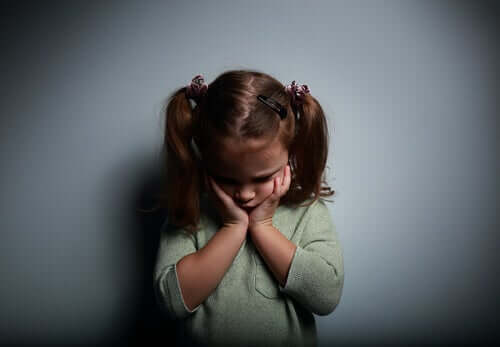Many of the world’s problems begin in dysfunctional families, this primary environment leaves a deep mark on us, because we learn a lot in a very short time, the family can have a great influence on the fact that a person has advantages or disadvantages in the treatment. with different challenges in your life.
Some people make a partner and have children based on a pattern they repeat or counter which they were reactive, but never questioned.
- They may want to make sense of a life that seems aimless.
- Sometimes they also come from dysfunctional families from which they want to escape.
- Without paying the price of autonomy.
In any case, the truth is that sometimes those who have established their residence are not physically, mentally or emotionally prepared to do so, it is when dysfunctional families are set up.
The consequences for each member are unpredictable, but they almost always create difficulties or inability to lead a full life. What makes a family dysfunctional? These are some of its main features.
“Having children doesn’t make a father a real father, just as having a piano doesn’t make someone a pianist. “Michael Levine?
There are many types and degrees of dysfunction in a family, however, here we will deal with the dysfunctional that causes serious damage to its members.
In making this reservation, it can be said that the first great characteristic of this type of family is the predominance of relationships that, far from promoting development, harm it.
Abuse is any act intended to harm another person who is at a disadvantage or vulnerability, it is also defined as abuse of power, that is, as the exercise of authority without logic and moderation.
Violence can be physical, psychological and/or sexual. In any case, this has serious consequences.
It is very common for each member of the dysfunctional family to face challenges that the group itself makes difficult, in addition, in a family with this climate it is very difficult to find someone who can understand or validate the feelings of others. they often do the opposite: despise them or deny them.
It is also common for not everyone to tolerate the mistakes or mistakes of others, they criticize each other, sometimes very cruelly, destructive feelings prevail and, therefore, each individual feels that it has very little value.
It is very common for one or both parents to be dependent or have an emotional or mental disorder in a dysfunctional family, resulting in very strange and incomprehensible situations for children.
Specifically, this combination of problems often leads to episodes of violence that terrorize children and increase chronic conflict with parents, witness screams and/or beatings, become victim, mark and define the resources that shape each person’s internal dialogue.
Moreover, an unknown fear remains among those who live in this situation.
If there is one thing a child needs to grow up healthy, it is security and stability. The opposite is found in a dysfunctional family. Today there may not be serious difficulties, but tomorrow they are unknown. Today’s hit may not have done much damage, but what about the next one?
This uncertainty, chaos and insecurity emotionally affects people, especially children, who are very likely to have strong characteristics of daily stress and post-traumatic stress in the medium and long term.
They will get nervous, sensitive, shy; They will fear the world and even themselves.
These three mandates are very often found in dysfunctional families. The rule? It’s just that you don’t talk in particular about what’s going on in your family. You can’t talk about how you feel, because nobody cares; you can’t talk about what’s going on either, because who are you to question what’s going on?
Besides, they teach you not to trust. The dysfunctional family tends to become airtight, shaping a closed, corrosive world governed by a logic that is pure poison.
Everything that is alien to this bubble, in many cases, is seen with suspicion, so if you do not trust what is inside or outside this ecosystem, you will live in a state of constant tension.
A dysfunctional family requires professional therapeutic intervention. The effect it has on each family member is not the same. In some cases, this injury can be devastating. In other cases, it condemns a sad life in which fear prevails.
Unfortunately, if the chain is not interrupted by professional attention, it is most common for problems to continue to repeat and increase from generation to generation.

